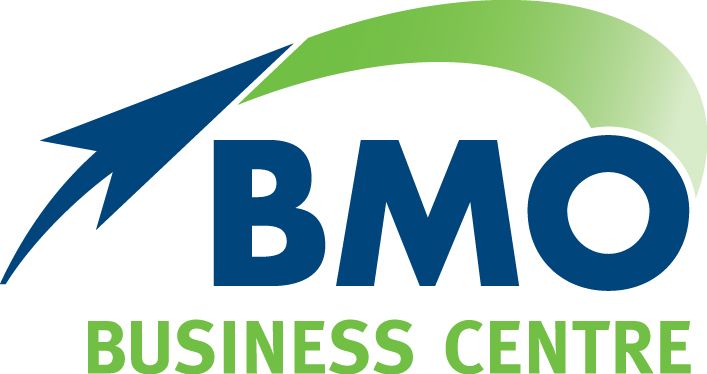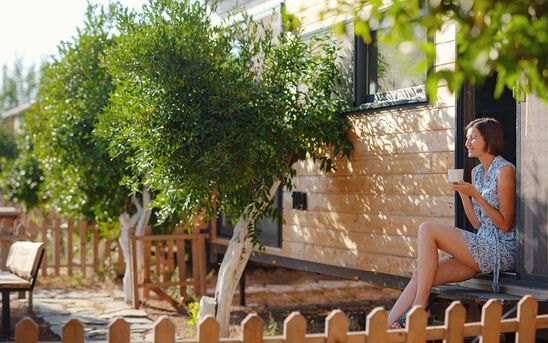A trusted investment vehicle
Family trusts are a popular and effective investment structure to manage and protect your family’s fortune, but you don’t have to be worth a fortune to benefit from having one.
Despite their appeal, they are not for everyone. Indeed, it is suggested that if your assets are less than $300,000, and that is not counting your super, then it may well not be worth your while.
But for those with sufficient assets, a family trust can be an effective way to protect your family’s assets and limit your tax liability at the same time. So how do they work?
What is a family trust?
A family trust is a discretionary trust, where assets are placed in the care of a third party, the trustee, who manages it on behalf of the beneficiaries.
Discretionary trusts are so named because the distribution each year of the income and capital gains earned by the trust, to the beneficiaries, is at the total discretion of the trustee.
Beneficiaries are members of the trust and might include parents, children, other close relatives, and their spouses. A beneficiary may also be a company.
Key benefits
As mentioned, the key benefits of a family trust are asset protection and tax minimisation. A trust provides protection from creditors in bankruptcy, but the contents of a trust can be included as part of the matrimonial pool when it comes to divorce.
All income of the trust, including realised capital gains, must be distributed each year. It is then included in the beneficiary’s assessable income and taxed at their personal tax rate.
As a result, a trust can work particularly well from a tax viewpoint, if you are on a high marginal tax rate but your beneficiaries are on low marginal rates. If all individual beneficiaries are on a marginal tax rate greater than the company tax rate, then a family trust may include a corporate beneficiary to reduce tax.
More flexibility
Another advantage of a family trust is that it offers a flexible, tax effective structure to accumulate wealth for retirement alongside superannuation.
Their flexibility also makes them particularly attractive for small business owners who may run the business through a company structure but hold shares in that company in a family trust. The trust can then direct different types of income such as rental income from your business premises, franked dividends from company profits or capital gains to different individuals.
A family trust can also help with succession, allowing you to pass control of the family trust to the next generation by changing the trustee, without triggering a tax event.
There are some disadvantages too. There is the loss of ownership as the trust now owns the asset, not you. Also, if the trust suffers an investment loss, those losses cannot be distributed to offset your personal tax liability, but must remain inside the trust. And there are costs involved in setting up and managing the trust.
Setting up a trust
To set up a family trust you will need to consult a lawyer to create a trust deed. You will also need to do the following:
- Appoint a trustee and determine your beneficiaries
- Decide which assets to include in the trust (a wide range of assets including shares, bonds, managed funds, cash, real estate, antiques and fine art can all be included)
- Apply for an ABN and a Tax file number (TFN) and open a bank account in the name of the trust.
It can cost some $2500 to set up the trust and there will be annual fees as you have to file with the Australian Tax Office each year. Stamp duty applies in both NSW and Victoria on establishment but not in other states.
What about testamentary trusts?
Another type of trust popular with families is a testamentary trust which is created within your Will and does not come into effect until your death. Similar to family trusts, they have the advantage in estate planning of providing tax and asset protection benefits for the future.
Family trusts are popular for good reason, but you need to make sure it is appropriate for your family’s circumstances. If you would like to know more, give us a call.
This advice may not be suitable to you because contains general advice that has not been tailored to your personal circumstances. Please seek personal financial advice prior to acting on this information.
The post A trusted investment vehicle appeared first on BMO Accountants.
Contact Us
BMO Dalby
By Mail:
PO Box 180
Dalby Qld 4405
In Person: 178 Drayton Street (access via Hogan Street)
Dalby Qld 4405
BMO Charleville
By Mail:
PO Box 198
Charleville Qld 4470
In Person: 58 Alfred Street
Charleville Old 4470
BMO Roma
By Mail: PO Box 300 Roma Qld 4455
In Person: 137 McDowall Street Roma Qld 4455
Office Hours:
Monday – Thursday 8am – 5pm and Friday 8am – 3pm
PH: 07 4662 3722
FAX: 07 4662 5975
Useful Links
Stay in Touch
Footer Contact Form
We will get back to you as soon as possible
Please try again later
Contact Us
BMO Dalby
By Mail: PO Box 180 Dalby Qld 4405
In Person: 178 Drayton Street (access via Hogan Street) Dalby
BMO Charleville
By Mail:
PO Box 198
Charleville Qld 4470
In Person: 58 Alfred Street
Charleville Old 4470
BMO Roma
By Mail: PO Box 300 Roma Qld 4455
In Person: 137 McDowall Street Roma Qld 4455
Office Hours: Monday – Thursday 8am – 5pm and Friday 8am – 3pm
PH:
07 4662 3722
FAX: 07 4662 5975
Footer Contact Form
We will get back to you as soon as possible
Please try again later
All Rights Reserved | BMO Dalby | Website design & development by Hey Marketing


